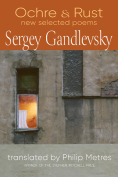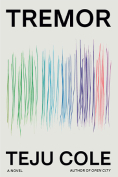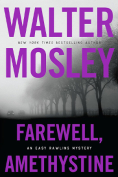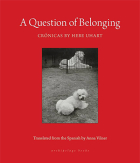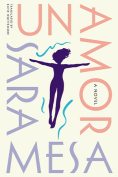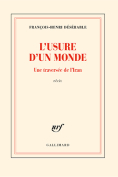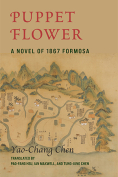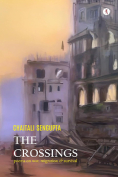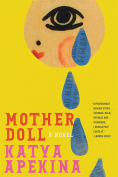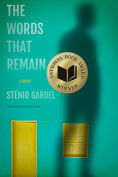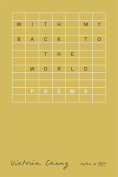The Crossings: Poems on War, Migration and Survival by Chaitali Sengupta
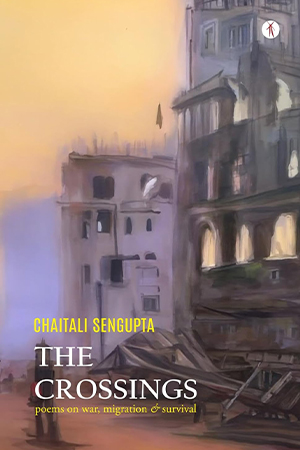 Delhi. Hawakal. 2023. 119 pages.
Delhi. Hawakal. 2023. 119 pages.
Chaitali Sengupta’s The Crossings focuses largely on the pity that war entails. It presents war as having an intersectional trajectory of destruction, displacement, and dispossession. Sengupta, an Indian journalist, translator, and poet currently living in the Netherlands, examines this conflicted space in three sections, each taking a closer look into the collective consciousness of war victims and their progeny.
Her diasporic experience familiarizes her with war-torn topographies beyond South Asia. She suggests that the continent of Europe, as it stands today, “is largely the outcome of two great wars,” stating that, “visiting the monuments of two world wars spread throughout Europe leaves you with no doubt as to how all-encompassing those wars were.” In the first section, titled “War,” her poems dwell on the violence that physically affects war victims and the land inhabited by them. Juxtaposition of images unveiling the instant and the long-standing effects of brutality blurs the line between war’s cessation and continuity. The poems in this section reflect on war-related facts and record the appalling effects of mechanized violence on succeeding generations.
The connection between the external ramification of war and psychological conflicts is aptly elucidated in “Kurukshetra: The Battlefield of Human Mind,” a poem representing the dilemma of Arjuna, a Pandava brother in The Mahabharata:
A war to end all wars! The only
way to sustain dharma on this earth. Is
that how the earth expands?
Is it worth, thinks the Pandava, the
universal man. Killing
one if that is a sin, how should I
justify killing thousands?
The questions Arjuna asks are relevant even today and will remain so in times to come. They are applicable universally across races, nations, and cultures. Though wars are fought mostly to support a moral cause, nevertheless, morality is often compromised and soon defeated by the seamless inhumanity exhibited by power-thirsty combatants.
The next section, “Migration,” was born out of the poet’s personal interaction with refugees from African countries, Syria, Libya, and Yemen while she was working as a voluntary translator for an organization in the Netherlands. It explores war in connection with homelessness and loss of migrants’ cultural identity and economic opportunities. In “Why,” for example, a refugee’s queries raise the question of the ethics of hospitality analyzed in Jacques Derrida’s book Of Hospitality (2000):
Why is our presence so offensive to
you,
Ma’am? What makes you
look the other way? That stern, un
friendly, unsmiling
pebbled look you reserve for us—just
ask yourself, is it
my choice to become a
refugee? Ethiopia, Eritrea, Aleppo,
Palestine, Congo.
Poems such as “Behind the Barbed Wires,” “Hiraeth,” “No Forwarding Address,” and “Salt, Lemons, and the Smell of Oceans” are fraught with images of irretrievable loss, trauma, and precarity.
Those who survive war and also the harrowing experiences of traveling across land and sea as war migrants find themselves torn into shreds of historical, cultural, and linguistic identities. The poems in “Survival,” the third section of the book, show that survival is not just about sustaining oneself in body but also in consciousness—individual and collective. Settling down in a new country is like fitting into secondhand clothes. Nevertheless, the insight that a refugee gains while gradually upgrading his socioeconomic standard through hard work and experiences teaches them to value life more than anything else. Survival is difficult in inhospitable societies, though the situation seems to have slightly improved in recent years. A note of optimism is conveyed in “I Have an Afterward,” where a refugee’s expression of hope reveals their recovery from the trauma of dispossession:
What happened can’t ever be forgotten.
My
kinsmen are still alive in my memories.
But
I have now an afterward,
a pride of survival, perhaps. They
haven’t.
In an afterward, there’s possibility.
In the last few years, news headlines featuring expulsion of the Rohingyas from Myanmar, the plight of Afghan refugees, the armed conflict between Russia and Ukraine, and, recently, the violence exhibited by Hamas-led Palestinian militant groups and Israel’s reprisal have kept us on our toes. In this context, Sengupta’s collection is a timely response to those horrors we witness and read on TV, the internet, and in newspapers. Her ingenuity as a poet is reflected in her vivid images, and her dexterity is conveyed in the finesse with which she connects them with motifs of loss and longing. The triadic structure of her book coherently interweaves the multiple experiences of war. Sengupta’s novelty in blending the victims’ incisive pain with their towering resilience makes her poems unique and perceptive.
Shyamasri Maji
Durgapur Women’s College

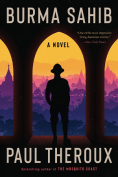



![The cover to [...] by Fady Joudah](/sites/worldliteraturetoday.org/files/styles/backissue_small/public/Joudah.jpg?itok=HZO1_68A)
